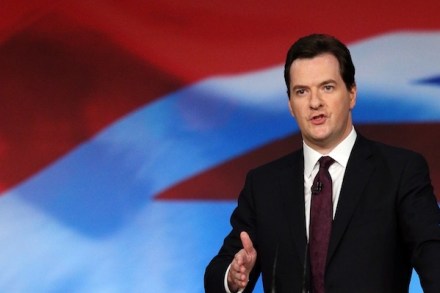Inside the mind of George Osborne’s newest adviser
Neil O’Brien’s appointment as a new special adviser for George Osborne has gone down very well in the Westminster bubble, partly because of the Policy Exchange director’s ability to look beyond that bubble. He has written a number of times for the Spectator, and as an insight into the man who will be advising the Chancellor, here are some of his key pieces: In this week’s magazine, O’Brien points to the North’s growing detachment from Westminster, with ‘an almighty 83 per cent of northern voters’ believing that politicians do not understand the real world. He writes: ‘Westminster politicians have repeatedly promised to close the North-South gap, but failed because they


















